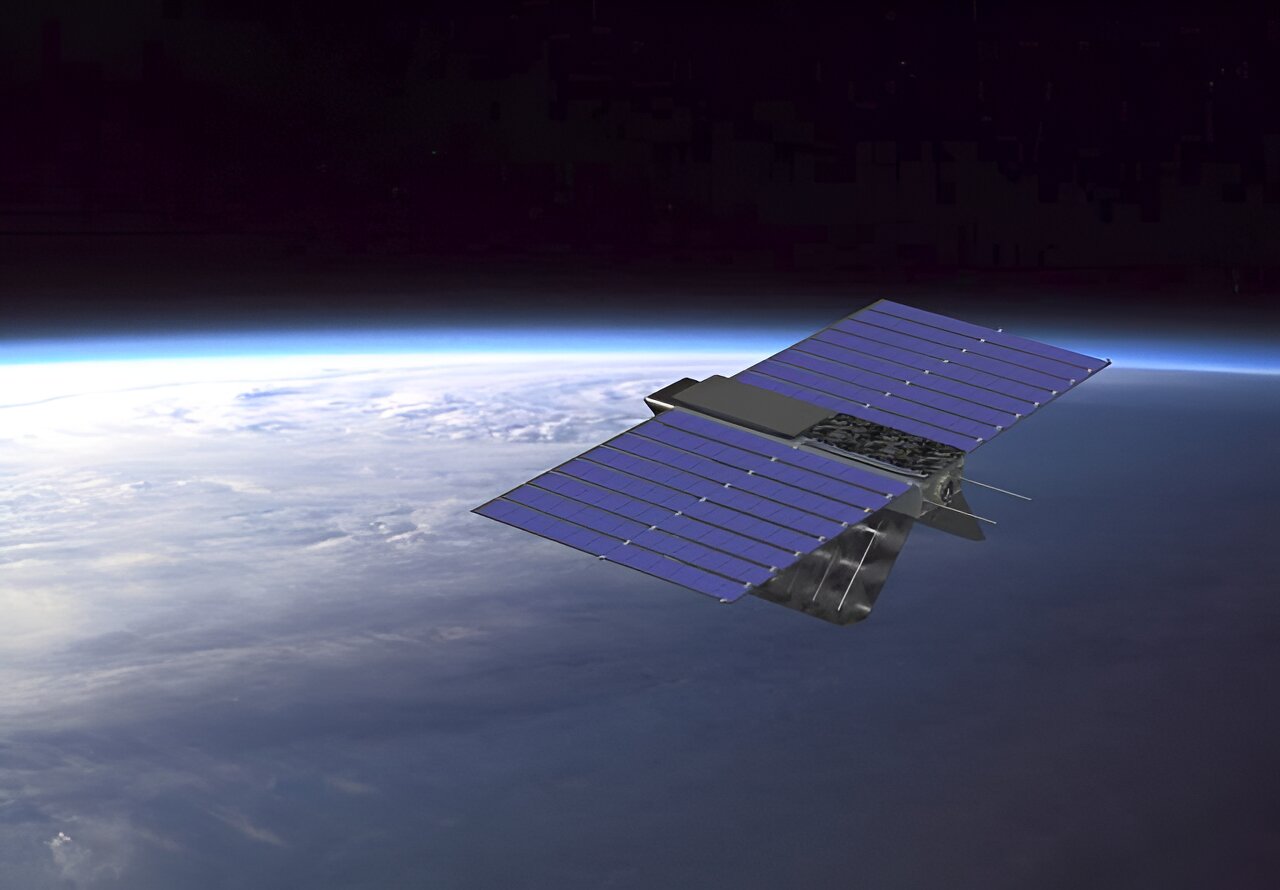Scientists and engineers continue to argue about the prospects of putting data centers into space. This idea has a number of advantages over corresponding facilities on Earth. But there are a number of technical obstacles to its realization.

Why data centers in space
Data centers are huge computer storage facilities that hold an incredible amount of data that is used by a wide variety of websites, services, and companies. They are the core of the modern electronic world and even a lot of people plan to grow a full-fledged artificial intelligence by “feeding” it all the information from them.
The idea of putting data centers in Earth’s orbit or somewhere even further away has been around for years. It is based on the notion that these objects don’t really need anything on our planet and only take up a bunch of space on it.
If data centers are launched as small modules that then dock in orbit, they can potentially be expanded indefinitely because there really is enough space for everything in space.
In addition, because there is no atmosphere, soil or hydrosphere in space, data centers there can use many power and cooling technologies that cannot be applied on the surface. In addition, engineers hope that it is possible to provide high-quality communication to a server from any continent in space using satellites.
Implementation problems
However, in reality, the idea of putting data centers into space is not so simple. The most obvious obstacle is that the price of putting one kilogram of their mass into orbit will be the same as for any other satellite. That is, launching into orbit itself is not such a simple task.
Even more problems arise with the provision of power and cooling. Usually, solar panels are planned to power space data centers. There’s more than enough sunlight in space. However, they must be of gigantic size and all this mass must also be put into orbit somehow.
Cooling is a problem. The most efficient way to do it in space is vaporization of water. However, launching one liter of it into space is so expensive that it could make the whole project unprofitable. Recently, an article by researchers from South Africa has appeared. They propose to solve this problem by delivering a certain asteroid rich in ice to the Earth’s orbit.
Space communications systems are also still more of a problem than an advantage. After all, their bandwidth cannot be compared to terrestrial wired infrastructure. But whatever the case, companies continue to make plans for orbital data centers.
For example, Lumen Orbit raised $2.4 billion to develop a new project. Similar things are also being developed by Kepler Space and Skyloom in collaboration with Axiom Space.
According to phys.org


